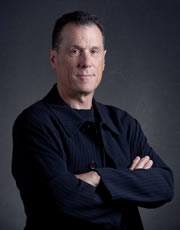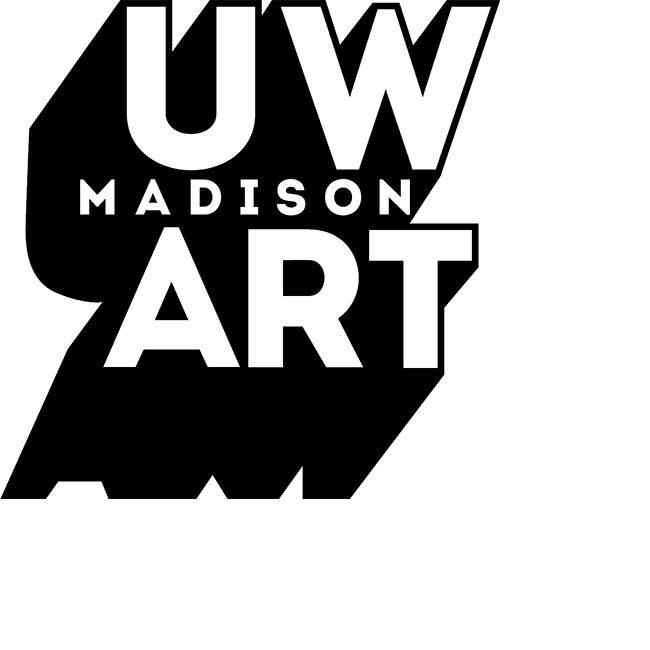 Knife attack confused for performance art at Art Basel Miami Beach
Knife attack confused for performance art at Art Basel Miami Beach
CNN, December 7, 2015
This troubling headline was sent to me by Barbara Hennessey, chair of our Board of Visitors. It seems that nearby patrons of Art Basel initially thought the incident was a work of performance art, given the area in which it took place as they saw that police had blocked off a section of the gallery and thought they were making room for an installation.
According to a reporter, “A guy walked up to me and said, ‘I thought I saw a performance, and I thought it was fake blood, but it was real blood.’”
How is it possible that we are unable to separate art from assault? We are constantly barraged with decontextualized and seemingly random reports of violence, always as a prelude to an attempt as recontextualization: Who did it? Why did they do it? Who can we blame? Perhaps this is the postmodern condition at work; we read images and events so deeply that we often create imaginary narratives to make sense of such trauma.
Postmodernism is a general and wide-ranging term which is applied to literature, art, philosophy, architecture, fiction, and cultural and literary criticism, among others and is largely a reaction to the assumed certainty of scientific, or objective, efforts to explain reality. In essence, it stems from a recognition that reality is not simply mirrored in human understanding of it, but rather, is constructed as the mind tries to understand its own particular and personal reality. In the postmodern understanding of things, interpretation is everything; reality only comes into being through our interpretations of what the world means to us individually. Postmodernism relies on concrete experience over abstract principles, though knowing always that the outcome of one’s own experience will necessarily be fallible and relative, rather than certain and universal is a part of such flexibility.
While postmodernism is certainly marked by the dematerialization of borders and a collapsing of the spaces between disciplines and relies increasingly on first person experience, the pivot toward such new understandings of the world also come with great responsibility.
Confusing art with violence simply due to the proximity of the two, does a disservice to both art and the victims of such violence. One of the privileges of living in a 24-hour news cycle and a culture in which seemingly everything is available to us all the time, is the privilege to step away; to not react in the moment and to wait for all the pieces of any narrative to become clear, lest we as artists get caught up in the zeitgeist.
Best,
Douglas Rosenberg
Chair, Art Department
